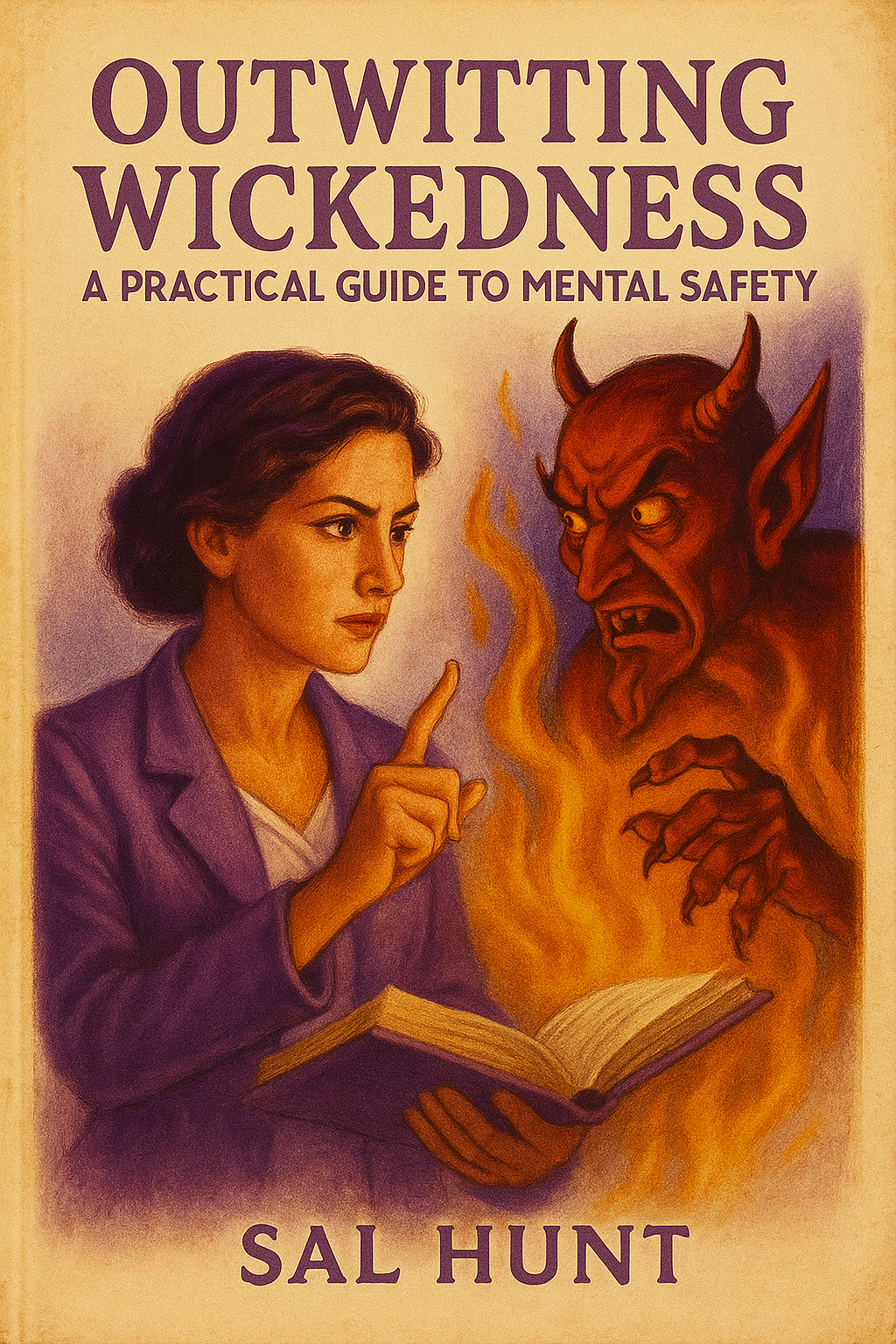Does God Want You to Confront?
What the Prophets Teach Us About Facing Conflict with Courage:
There’s a belief many people quietly carry:
“If I avoid confrontation, I’m being godly.”
“Peace means staying silent.”
“Confrontation is ego… not faith.”
But is that really what the Torah, the Bible, and the Qur’an teach?
Across all three Abrahamic faiths — Judaism, Christianity, and Islam — we don’t just see prophets praying in silence. We see them standing, speaking, and confronting when it matters most.
Let’s explore what confrontation looks like when it’s done with divine clarity, not personal chaos — and how we know when it’s time to speak up.
🕊️ Peace Doesn’t Always Mean Silence
Many of us were raised to believe that being “righteous” means being quiet.
But in every faith tradition, we see this truth play out:
Peace is not passive. Peace is protected.
Sometimes, that means confrontation.
📖 The Prophets Confronted — With Purpose
🔹 Moses (Musa)
In all three traditions, Moses stood before Pharaoh — a manipulative, abusive ruler — and delivered a bold message:
“Let my people go.”
He didn’t lash out.
He didn’t scream.
But he didn’t stay quiet either.
📚 Sources: Exodus 5 (Torah/Bible), Surah Taha 20:44–56 (Qur’an)
Lesson: Confrontation, when led by God, can lead to liberation.
🔹 Jesus (Isa)
Jesus is revered in Christianity and Islam as the Messiah. He was known for compassion — but also for holy courage.
He openly confronted:
Hypocrisy among spiritual leaders
People who abused religion for personal gain
Those who used shame to control others
“Woe to you... you clean the outside of the cup, but inside you are full of greed.” — Matthew 23
“He made a whip of cords and drove them all out of the temple.” — John 2:15
Lesson: Truth isn’t soft when it needs to be strong.
🔹 Muhammad (ﷺ)
In Islam, the Prophet Muhammad (peace be upon him) stood against tribal injustice, spiritual corruption, and economic oppression in Mecca.
He was known for:
Resolving conflict with wisdom
Speaking out against cruelty
Confronting systems with integrity and restraint
His confrontation wasn’t reckless — it was principled. Strategic. Spiritually led.
📚 Sources: Qur'an Surah Al-Ahzab 33:45-46; Hadith sources show how he corrected in private before public, with intention and gentleness.
Lesson: Confrontation is a prophetic trait — when done with sincerity and balance.
⚖️ So... Is God Calling You to Confront?
Maybe.
But not every confrontation is righteous.
It’s not about being right — it’s about being aligned.
Before you speak, ask yourself:
Am I seeking clarity, or control?
Is this about truth, or my pride?
Will this lead to peace, or just noise?
💬 Sometimes Confrontation Is the Most Loving Thing You Can Do
Silence can protect peace — or it can protect dysfunction.
The difference is discernment.
In every faith tradition, confrontation is sacred when it:
Defends the vulnerable
Breaks cycles of spiritual abuse
Restores dignity and truth
Respects the person, but challenges the pattern
You don’t have to scream.
You don’t have to prove yourself.
But you may be called to speak.
✨ Final Word: Clarity Is Kindness
When confrontation is guided by God — not ego — it doesn’t destroy peace.
It creates it.
And the people of faith who came before us?
They didn't stay silent in the face of injustice.
They confronted — with compassion, courage, and clarity.
🙌 Want to learn how to confront manipulation with spiritual confidence?
📘 Grab our $5 guide: Outwitting Wickedness
It’s a practical, faith-centered roadmap for spotting spiritual control, protecting your peace, and saying what needs to be said — without fear.
#ProverbsAndProsperity #OutwittingWickedness #InterfaithWisdom #Discernment #PeaceWithSpine #JewishWisdom #ChristianClarity #IslamicIntegrity #PropheticCourage
— Umar From Proverbs and Prosperity


